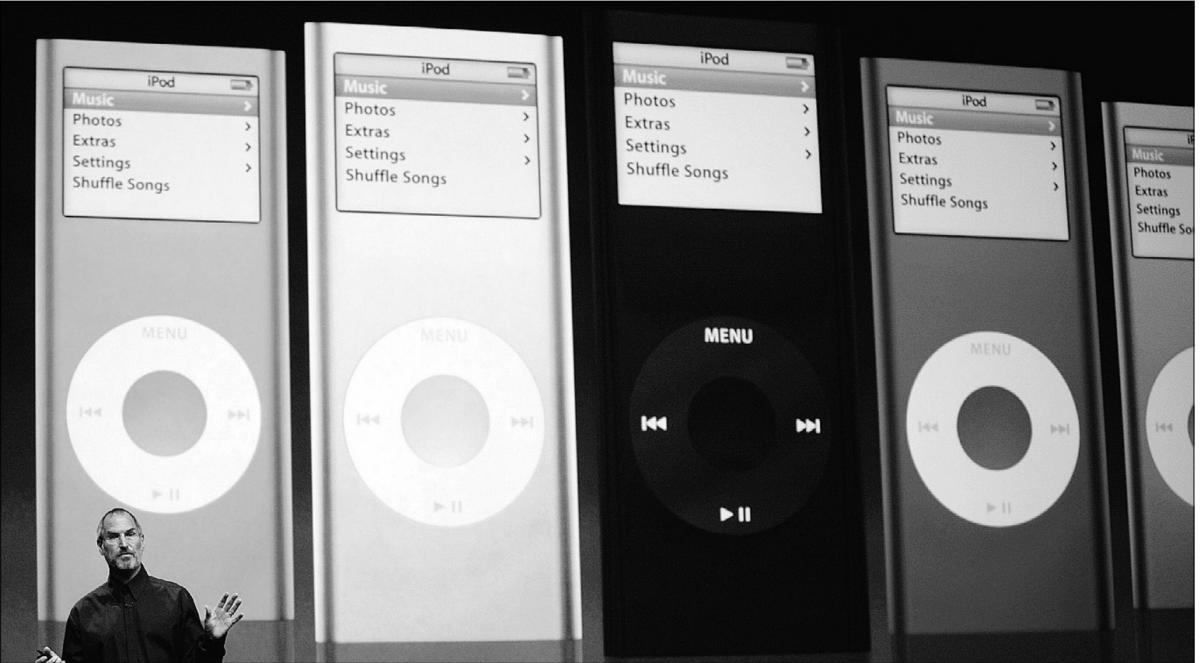Lisa’s blog post about Polyvore, a “social shopping website”1, not only sells brand-name products, but also provides style advice and has a tool that allows you to “mix and match outfit sets”1.
This truly innovative tool is an excellent way to differentiate from other clothing sites, as Lisa mentioned. I think this tool has the potential to increase sales dramatically because it allows the customer to virtually put together an outfit with real products right on their screen. Suddenly, the product becomes relevant to the buyer—who can better imagine what the item will look like when paired up with their existing wardrobe—instead of a single, disconnected garment.
I would definitely use this addictive tool to shop online, and as a consumer I would be tempted to buy more because of the endless choice of outfit combinations available to me with a simple click of a button. It is understandable that this business has been “successful in quickly gaining millions of dollars of income over the span of a few years”1, as Lisa said, not only because of increased sales, but also because brand name companies pay to have their products displayed on this website. Thanks for the post, Lisa!
Word count: 199
References
1. Wu, Lisa. (2011, November 8). Success in a Changing Market. [Web log comment]. Retrieved from https://blogs.ubc.ca/lisawu/2011/11/08/69/







